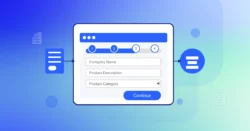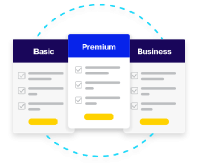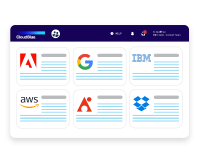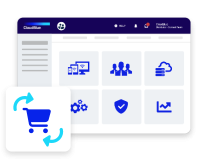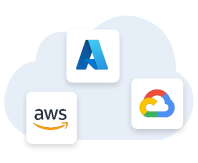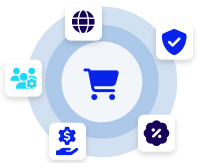Enterprise Resource Planning (ERP) is a software system that helps businesses manage their core business processes, such as accounting, human resources, customer relationship management, inventory management, and supply chain management, in a centralized and integrated way. The goal of an ERP system is to improve efficiency, streamline workflows, and provide greater visibility into a company’s operations.
In SaaS, ERP systems are increasingly being offered as cloud-based software solutions, delivered via a Software-as-a-Service (SaaS) model. SaaS ERP systems provide many advantages over traditional on-premise ERP systems, such as lower upfront costs, faster implementation times, and easier scalability.
With SaaS ERP systems, businesses can access their ERP software over the internet, without having to install or maintain any software locally. This reduces IT infrastructure costs and provide greater flexibility and mobility for employees who need to access the system from multiple locations.
SaaS ERP systems often provide automatic updates and upgrades, which can reduce the need for businesses to manage and maintain their software. This frees up IT staff to focus on other areas of the business and improve the overall efficiency of the organization.




